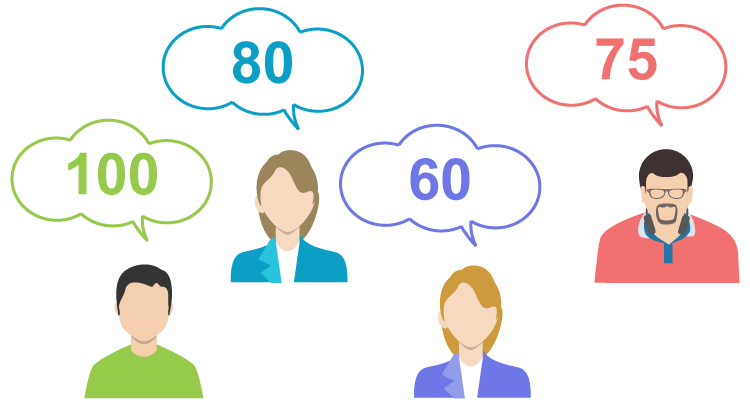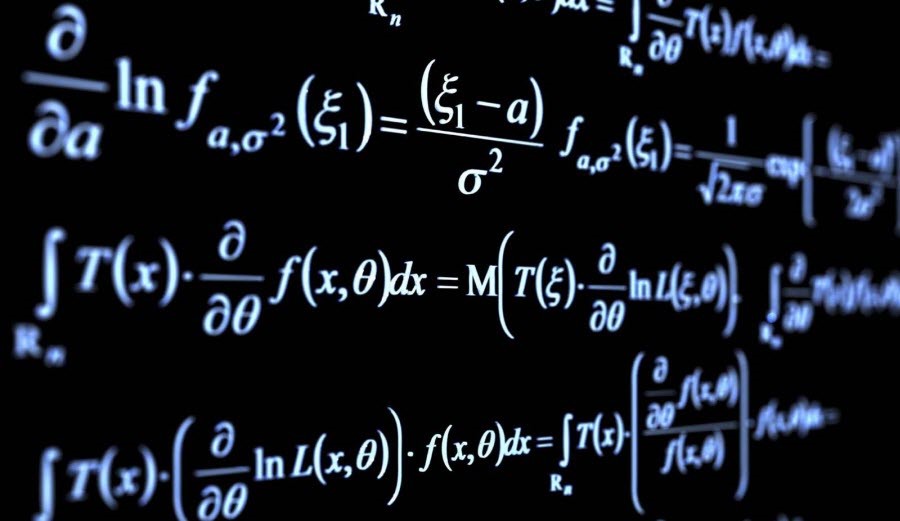eSports Scoring Gets Scientific to Engage Millions of Players
The thrill of competition. You feel it in your veins. The pulse of adrenaline, the yearning for glory, the desire to best all comers, the need to push your limits, the agony of defeat and the thrill of victory. eSports limits these emotions to a few players but new science allows millions of video game players to participate in local, regional, national, and international eSport events.
How Players Are Scored
Video game would be boring without rewards. All video games have some sort of scoring and reward players with points. Points measure success but have little to do with skill. One player may have ten hours a week to build a lot of points while another player may only have ten minutes a week. Which player is better? The scoring system for every game title is different, but they all produce the same results – one winner and lots of losers. When a player doesn’t win, they frequently move on to another game.
eSport Scoring
The eSport industry is traditionally defined as professional-level player competition in front of a live audience. A main event has 60-80 teams of 4-10 players competing for 3-4 days in a big arena. Arenas quickly sell out and the events draw millions of viewers across multiple broadcast mediums. Teams win or lose based on the total points scored in a match and have to win the best of 3 of 5 matches to move up in the brackets to the final event.

What is Your Score?
What Makes a Good Scoring System?
With over 2 billion video game players worldwide, the model for scoring answers the most important question – what makes a player good? A player may be good because of quick fingers on the controller, or because they have memorized the behavior of the game and have learned that sequence of events. While these types of attributes do make a player good, there is substantially more that can be measured to determine a player’s true skill. The ability to measure a player’s actual skill represents their ability to win in a 1 vs 1 match, but also their contribution to a team’s success. A strong team understands the analytics behind every player’s skill and will match the right players against their opponents.
With over 20 years studying massive amounts of data, DigyScores has developed algorithms that have no basis on win/lose records but actually track and measure every action in a game. This level of detail, as well as their other scientific data, enhance the scoring system built into a game to something very useful for a player to learn how to improve, for competitive intel, and to create a new “anytime” tournament format developing extensive Pro / Am tournaments engaging millions of new players in eSport events.
Handicap Scoring
The concept of handicap scoring for video games is similar to Golf, where an amateur player can play a professional with both having equal opportunity to win – if the amateur player plays to their handicap. Whereas golf has 18 holes and 14 clubs, a single video game may have more than 50,000 scoring attributes. DigyScores has developed the formula to mathematically determine a player’s handicap. Handicap scoring enables massive numbers of participants to compete in every eSport event and have an equal chance to move up in the leaderboards and win.

Re-Defining eSports
Those on the stage for the main event will always be elite players, just like golf. DigyScores identifies who are the most skilled and defines, in great detail, why they are the best. The next wave of eSport events will incorporate Pro / Am events aggregating tens of thousands (and potentially millions) of amateur players to participate.
Anytime Tournaments
The traditional tournament format – brackets – only represents wins and losses. Brackets require two opponents to be matched, scheduled, compete, and report winners. DigyScores introduces the Anytime Tournament format, allowing players to play whenever they have time. Leaderboards, ranks, and ladders are used to represent a player’s SKILL based on their in-game performance creating a new, dynamic, and interactive tournament format rewarding players with 10 hours a week of play time equal to a player with 10 minutes per week. A player’s skill is more than their win/loss record, but a combination of how they play the game, contributions to the team and mastery of the story line created by the game developer.
For Example
In multiple player action where more than one player is playing on a team against another team, teamwork is critical to winning the game. If Bob is great at guarding a vault, the in-game scoring does not reward Bob because he is not capturing the flag. The game rewards players with more points for capturing the flag and zero points for guarding the vault. However, everyone on the team needs to work together to win the match. Environments such as these not only limit all players’ abilities to compete at the highest level, but also limit a player’s ability to enjoy the added revenue (winning prizes) from entering the eSports arena.
DigyScores Value
Games that are already top eSports titles (League of Legends, Overwatch, Call of Duty, etc.) experience very high publicity before, during, and after every event. Game developers hoping for next “major” title are challenged with creating a viable scoring system that rewards players the right way to encourage growth in the eSports segment.
The DigyScores concept brilliantly defines a player’s ability to perform at a specific level. With patent-pending technology, DigyScores calculates how one player compares against a universe of players. The complex math provides an interesting advancement in competitive eSports. We see DigyScores as an easy way for more game developers to create eSport-compatible scoring formats as well as converting many of the millions of spectators into real competitors.
eSports will have massive Pro / Am events using DigyScores to provide scoring at all levels of competition. The advanced analytics provide extensive research for teams at all levels to find their next great team member. Fantasy leagues will be created using DigyScores metrics, and quite possibly, the highly accurate and reliable DigyScores technology could supply data to betting sites in order to determine the betting odds.
- 0 Comment
- BLOG
- July 10, 2018